

The ITUC-Asia Pacific held a high-level dialogue with the Asian Development Bank (ADB) on 20-21 May 2025 in Manila, marking the first formal engagement between the two institutions since the COVID-19 pandemic.
The dialogue focused on ADB’s updated safeguard framework – the Environmental and Social Framework (ESF) – which will take effect on 1 January 2026. The meeting provided a platform to address labour rights, grievance mechanisms, and the role of trade unions in shaping development outcomes in the Asia-Pacific region.

The consultation session between ITUC-Asia Pacific and ADB featured two in-depth policy sessions:
1. Core labour standards in ADB operations
This session examined key elements of the ESF, especially the Environmental and Social Standard (ESS) on Labour and Working Conditions and the ESS on Health, Safety, and Security. Discussions covered ADB’s rollout plans and challenges related to implementation. The importance of upholding core labour standards is highlighted as they create enabling conditions for decent work, living wages, and health and safety at work.
2. Trade union engagement in grievance management
The second session focused on the role of trade unions in grievance mechanisms under the ESS on Stakeholder Engagement and Information Disclosure. It addressed how affected workers and communities can raise complaints and seek redress for violations of core labour standards, including cases of sexual exploitation, abuse, and harassment. Concrete examples of labour rights violations and poor working conditions, including in ADB-financed projects, to generate practical suggestions for improving the operationalisation of the ESF in partnership with trade unions.
Led by Shoya Yoshida, General Secretary of ITUC-Asia Pacific, key leaders of ITUC-Asia Pacific formally met with ADB President Masato Kanda at the ADB Headquarters to deliver a set of policy recommendations. These included proposals for stronger enforcement of labour rights, greater union participation in policy and project consultations, and specific commitments to support Just Transition.

The dialogue highlighted shared priorities in building just and inclusive development models across Asia and the Pacific. Both ITUC-Asia Pacific and ADB reaffirmed their intention to work together to make constructive social dialogue a cornerstone of ADB’s approach.
“We came together, not simply to exchange perspectives, but to collectively seek concrete solutions for ensuring ADB projects uphold higher standard of environmental and social responsibility – especially on labour issues,” Shoya Yoshida said.
To strengthen the partnership, Shoya Yoshida outlined four concrete actions for ADB. These include establishing a regular, institutionalised dialogue to address implementation challenges; capacity building and improving access to project information to create meaningful engagement opportunities for trade unions; enhancing monitoring and grievance mechanisms to ensure workers are aware of their rights and can seek remedy; and upholding international labour standards across all project stakeholders, including subcontractors.

“We stand ready to work hand in hand with the ADB to ensure that development leaves no one behind. We believe that the sustainable development is not possible without decent work, and that economic growth must be anchored in human right, workers right and social justice,” emphasised Shoya Yoshida.

The consultation marks the formal resumption of ADB–ITUC-Asia Pacific dialogue, which began in 2000 but was interrupted by the pandemic. With the ESF’s implementation looming, both sides acknowledged the urgency of translating safeguard commitments into concrete improvements in working conditions and social protections. The dialogue is expected to continue, as part of a broader effort to institutionalise trade union engagement in development finance.


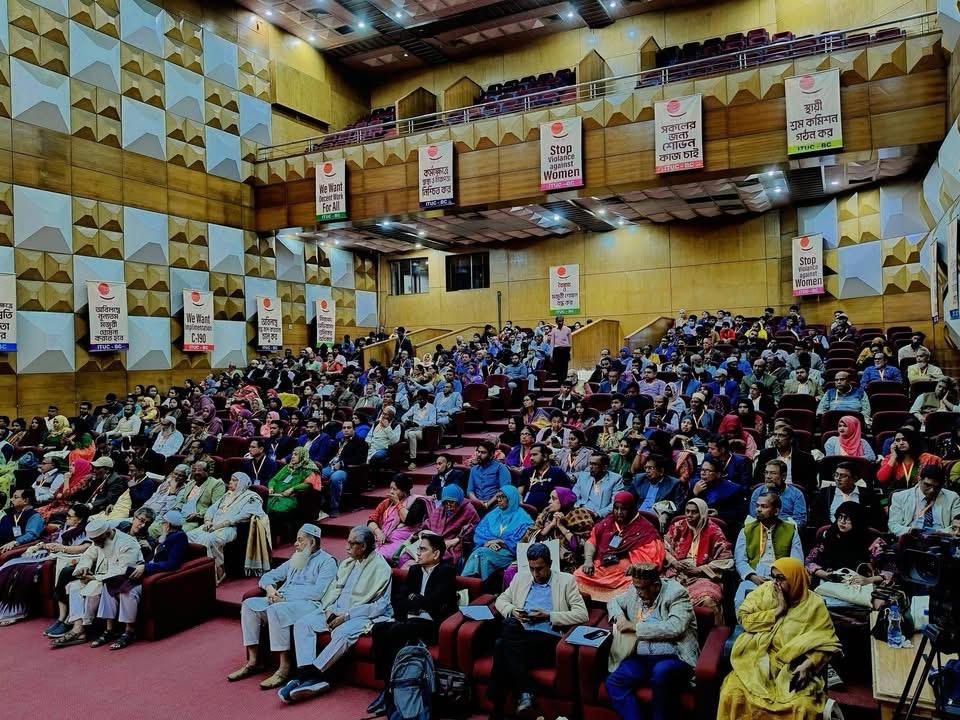











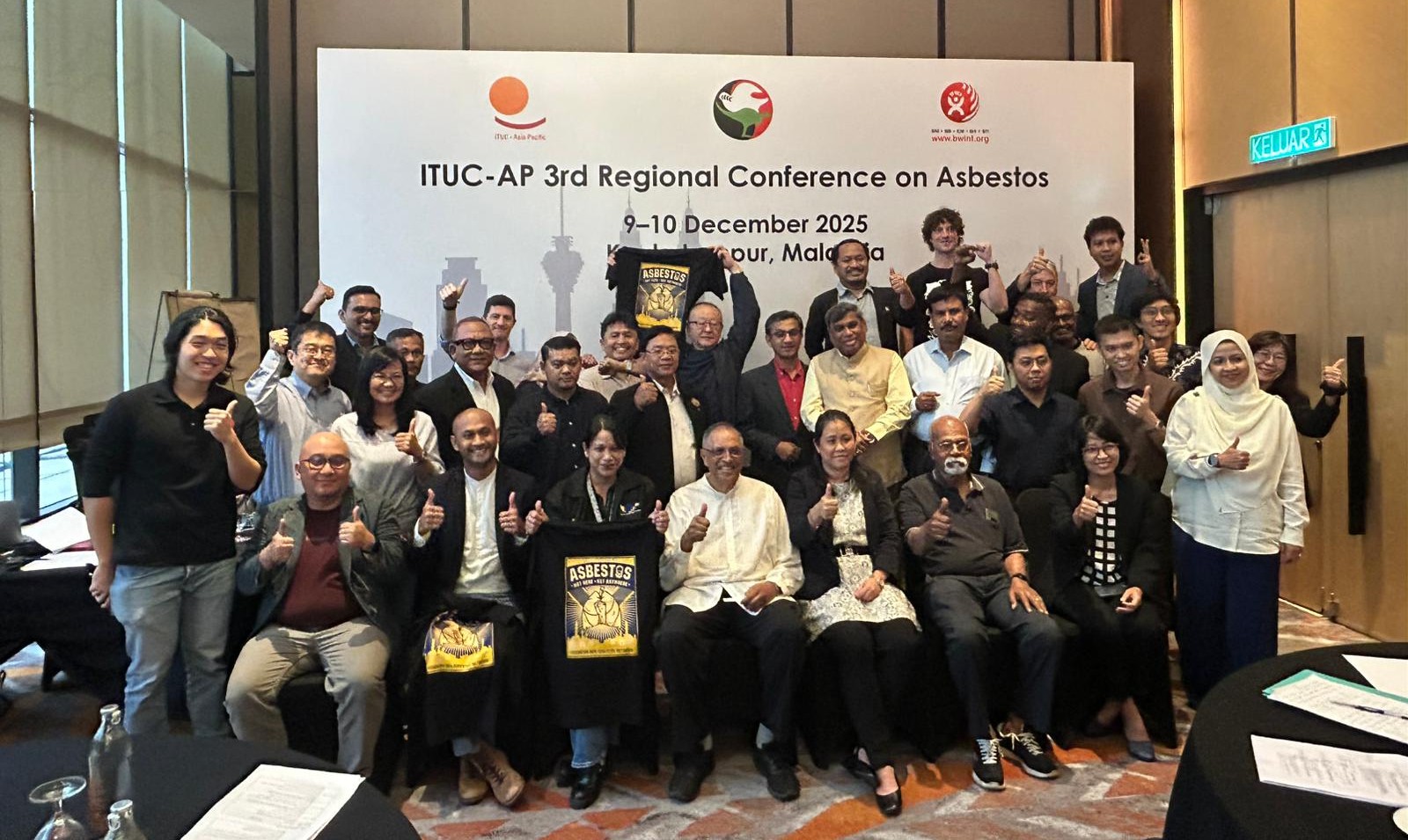





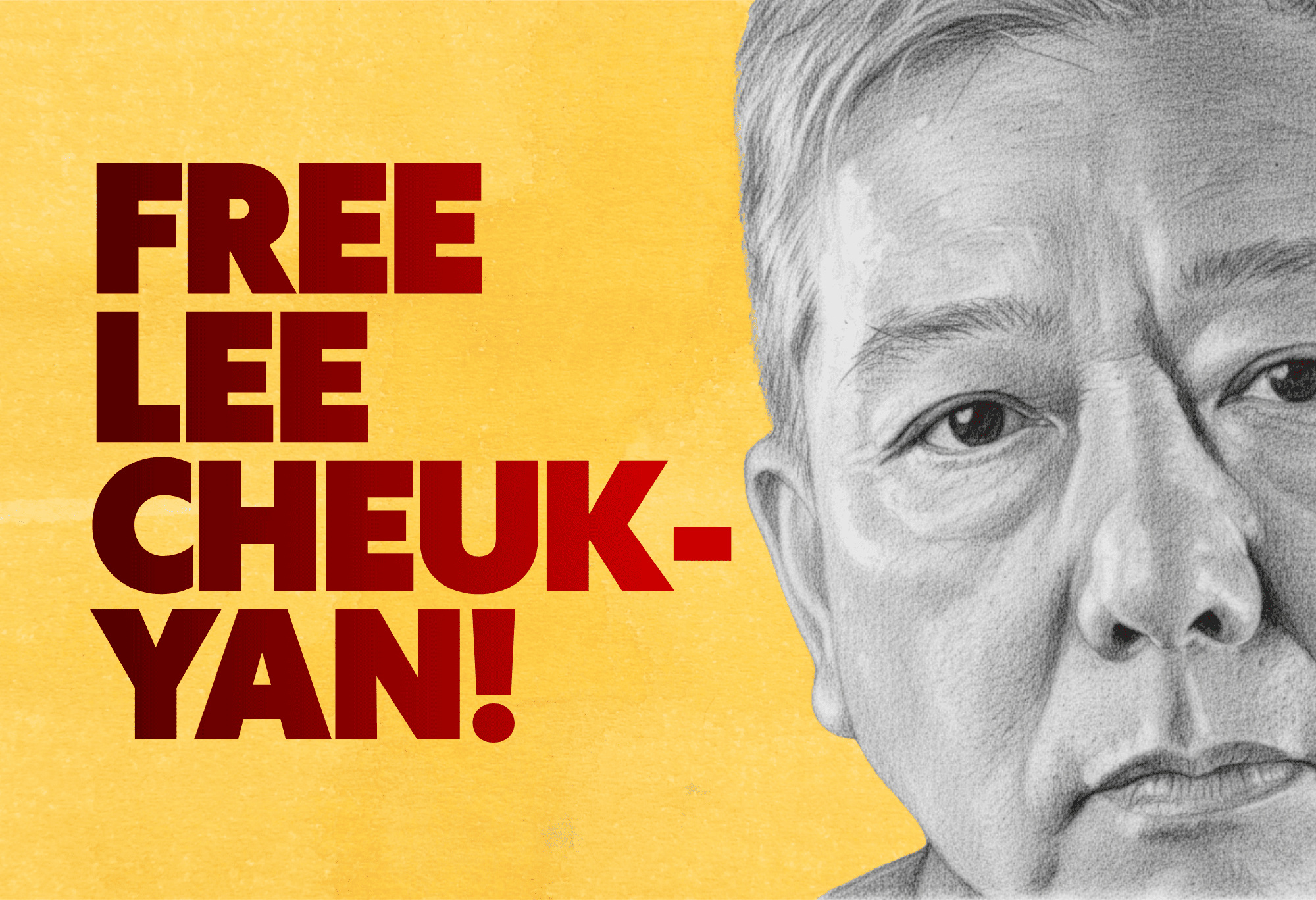





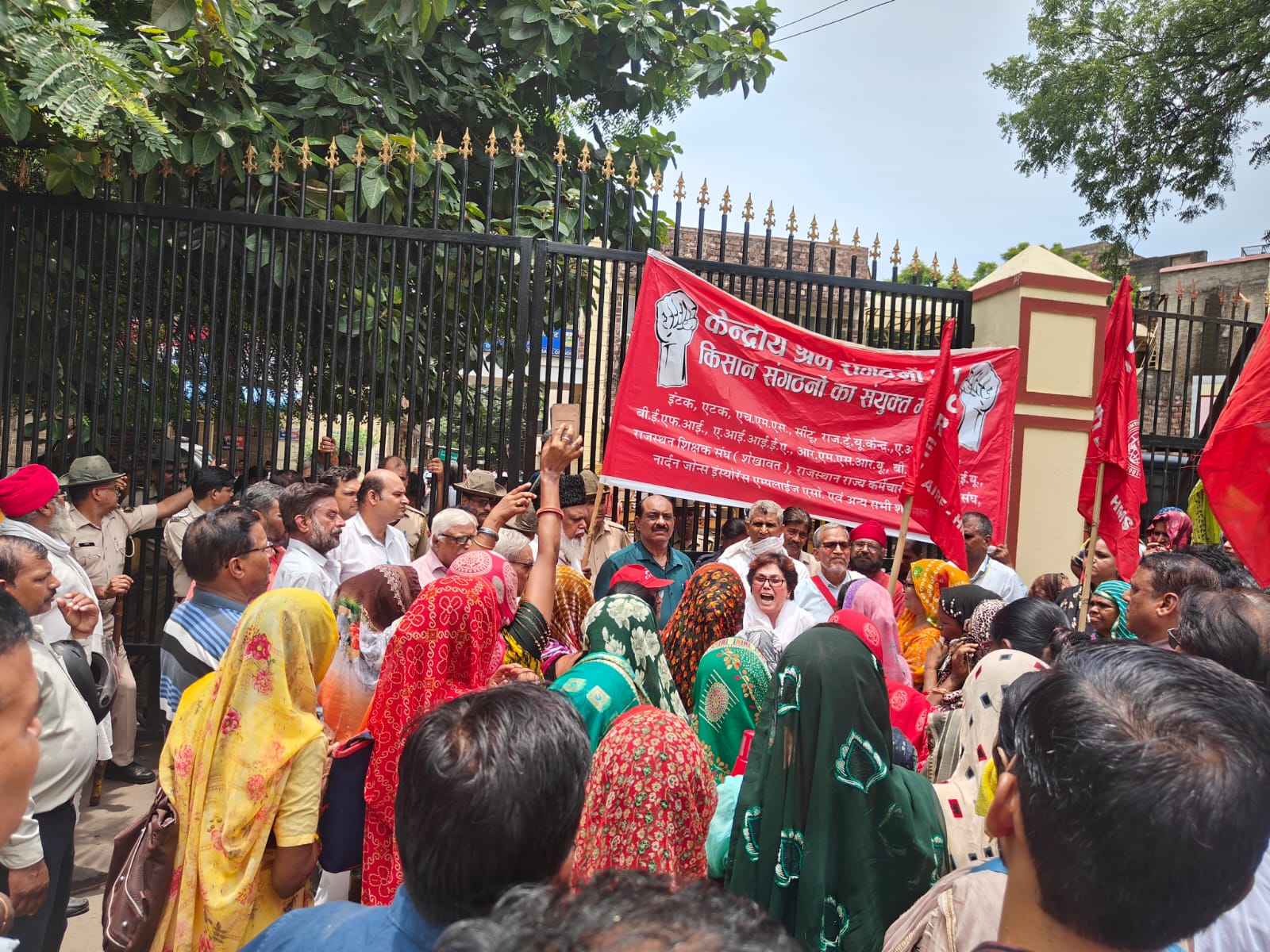





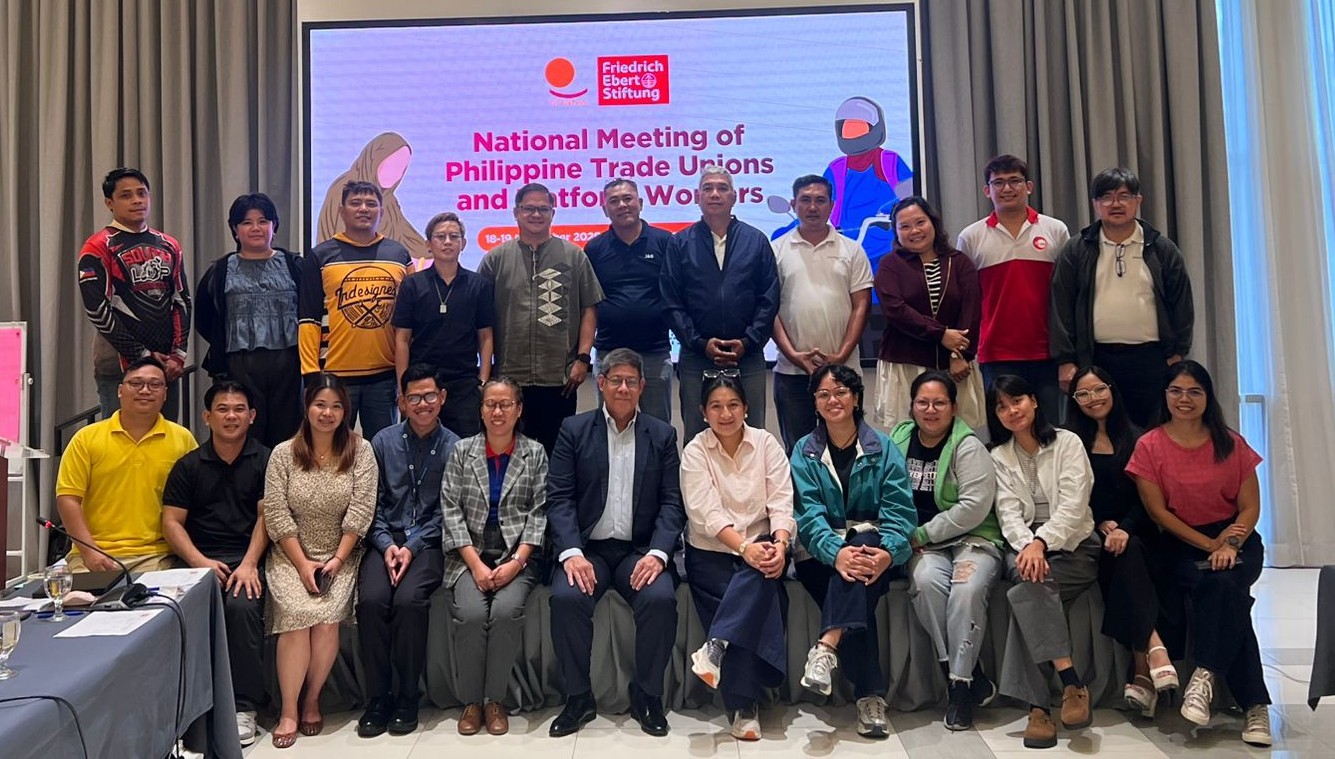





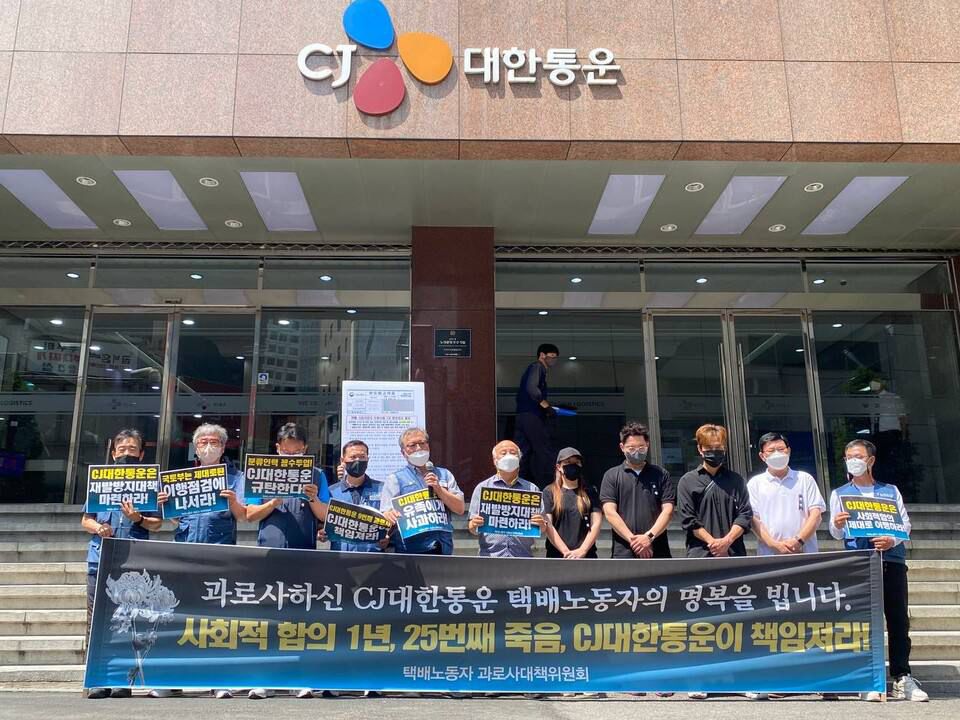





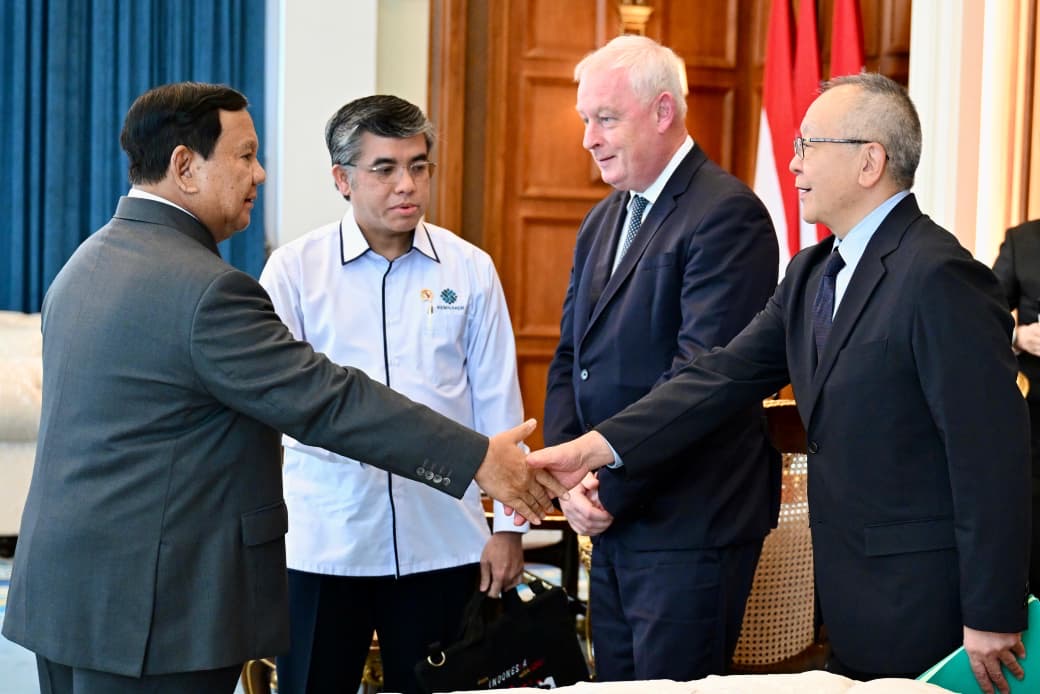





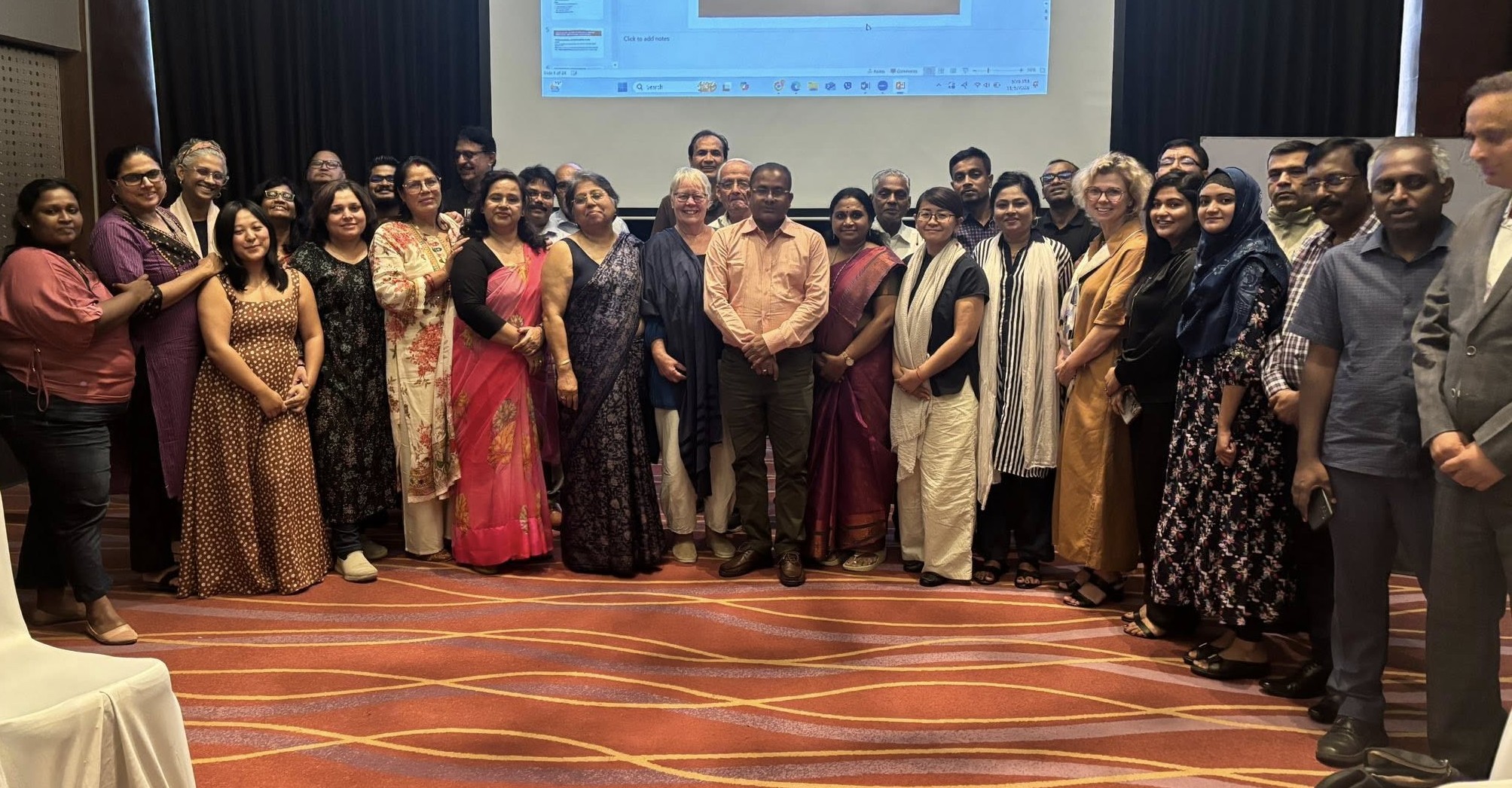





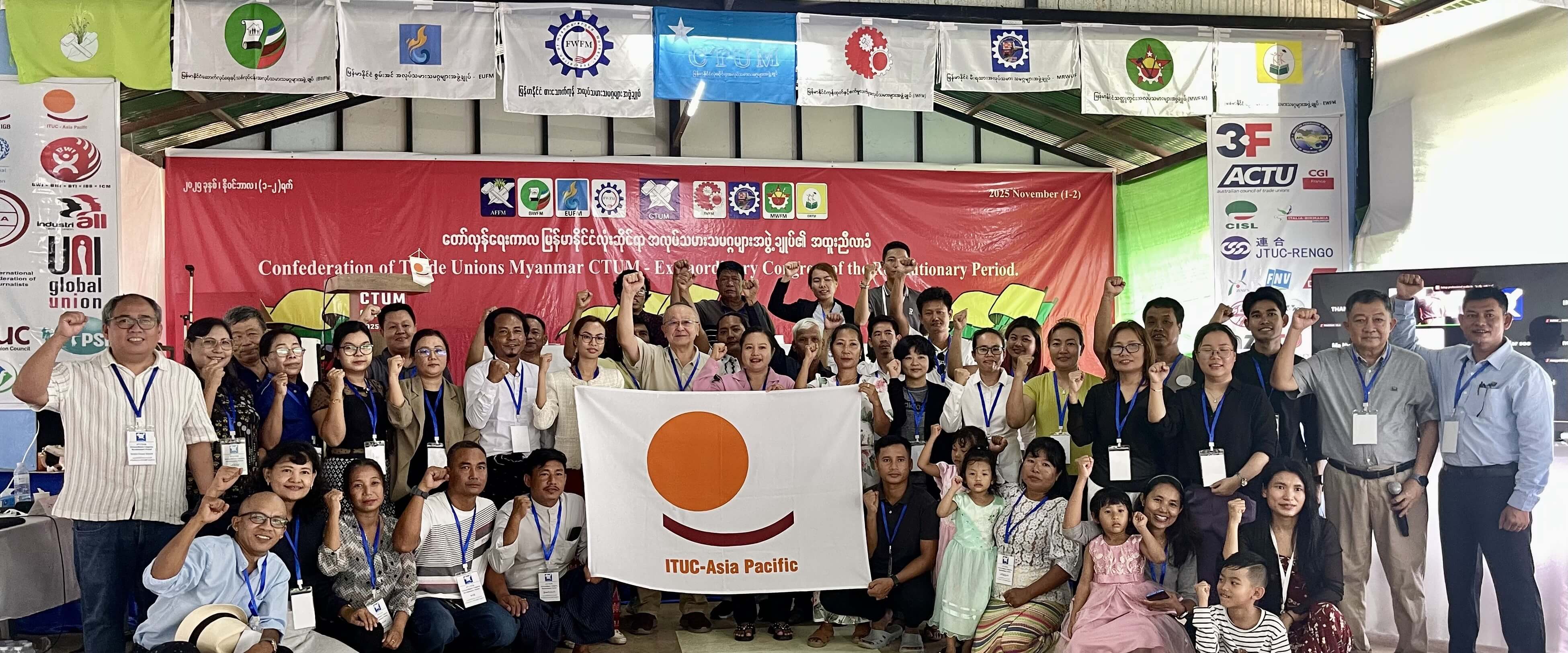





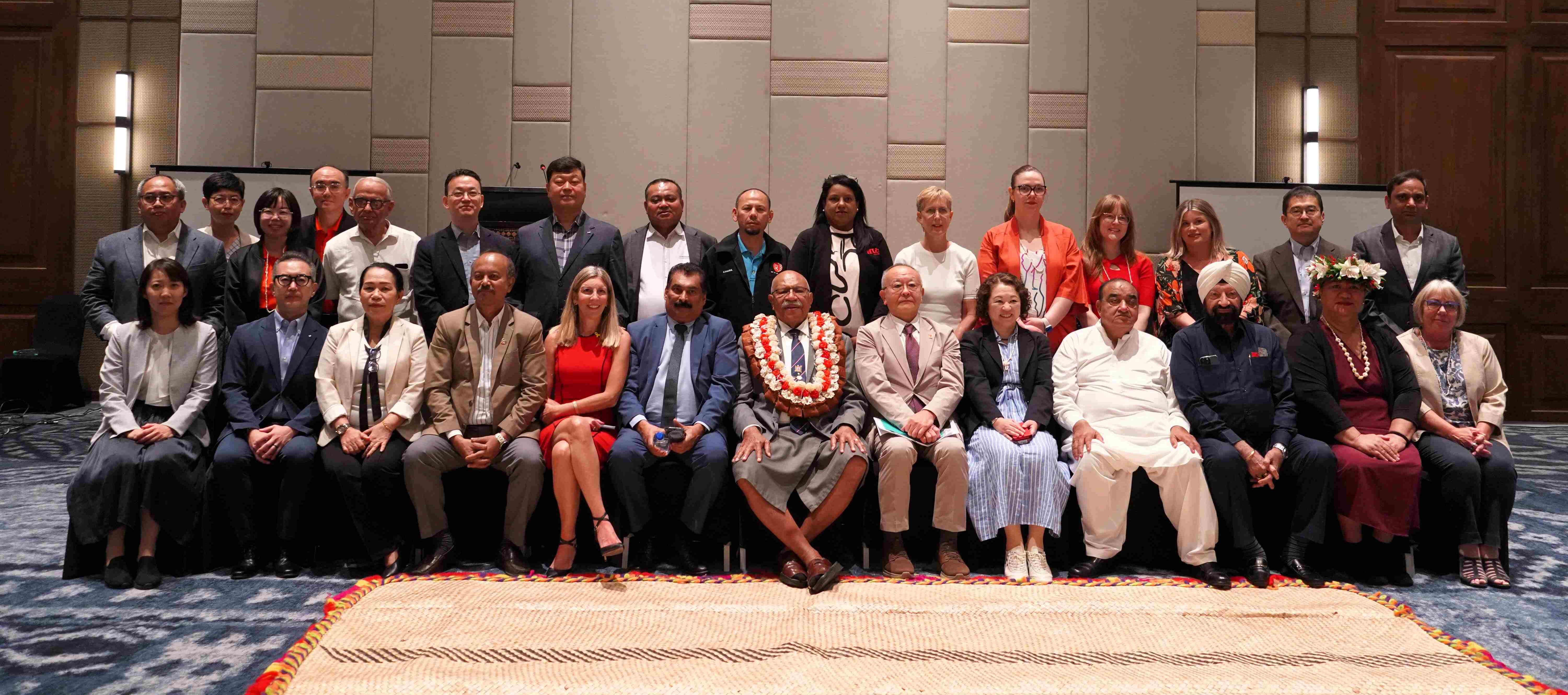





.jpg)


.jpg)














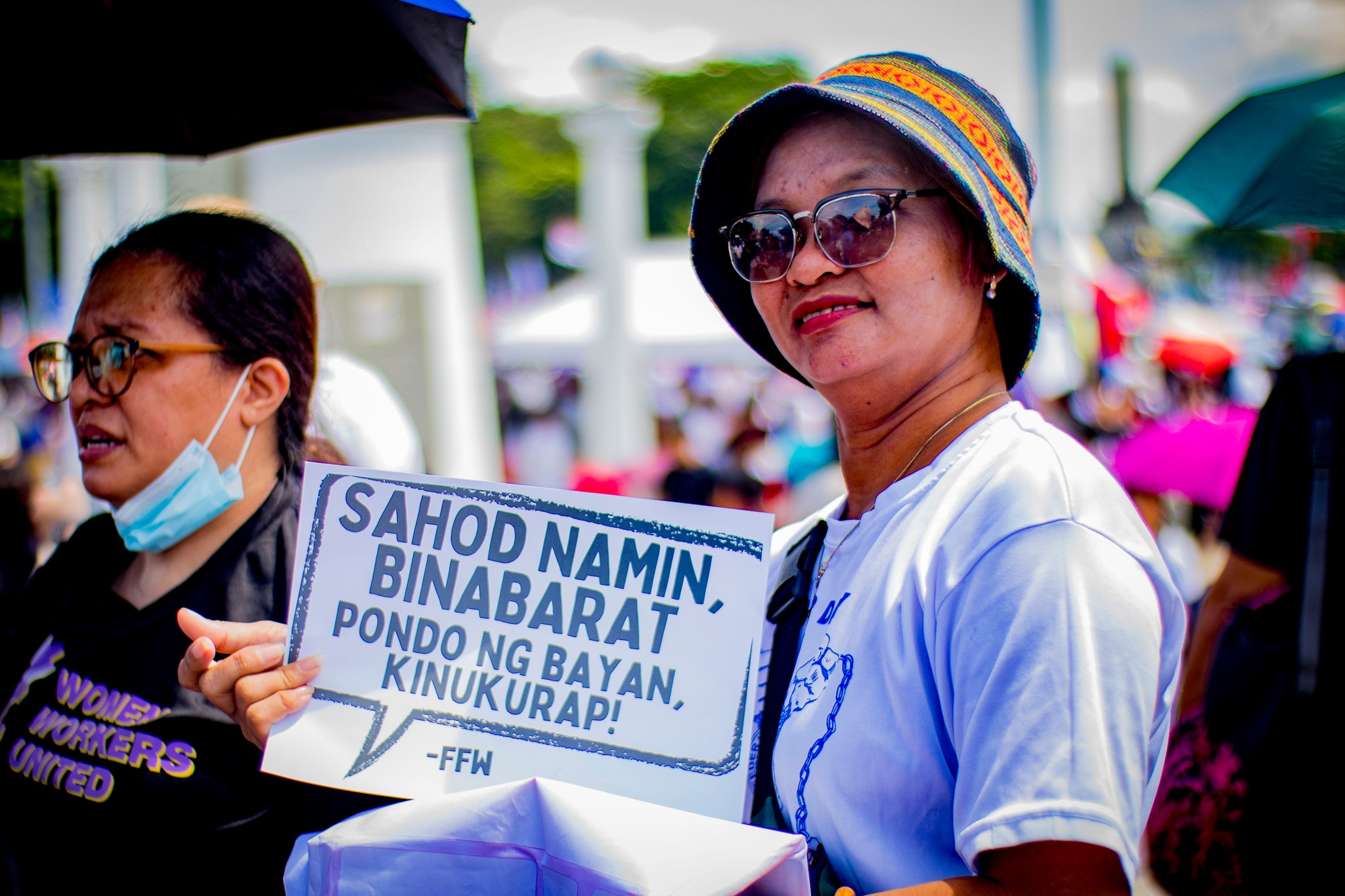





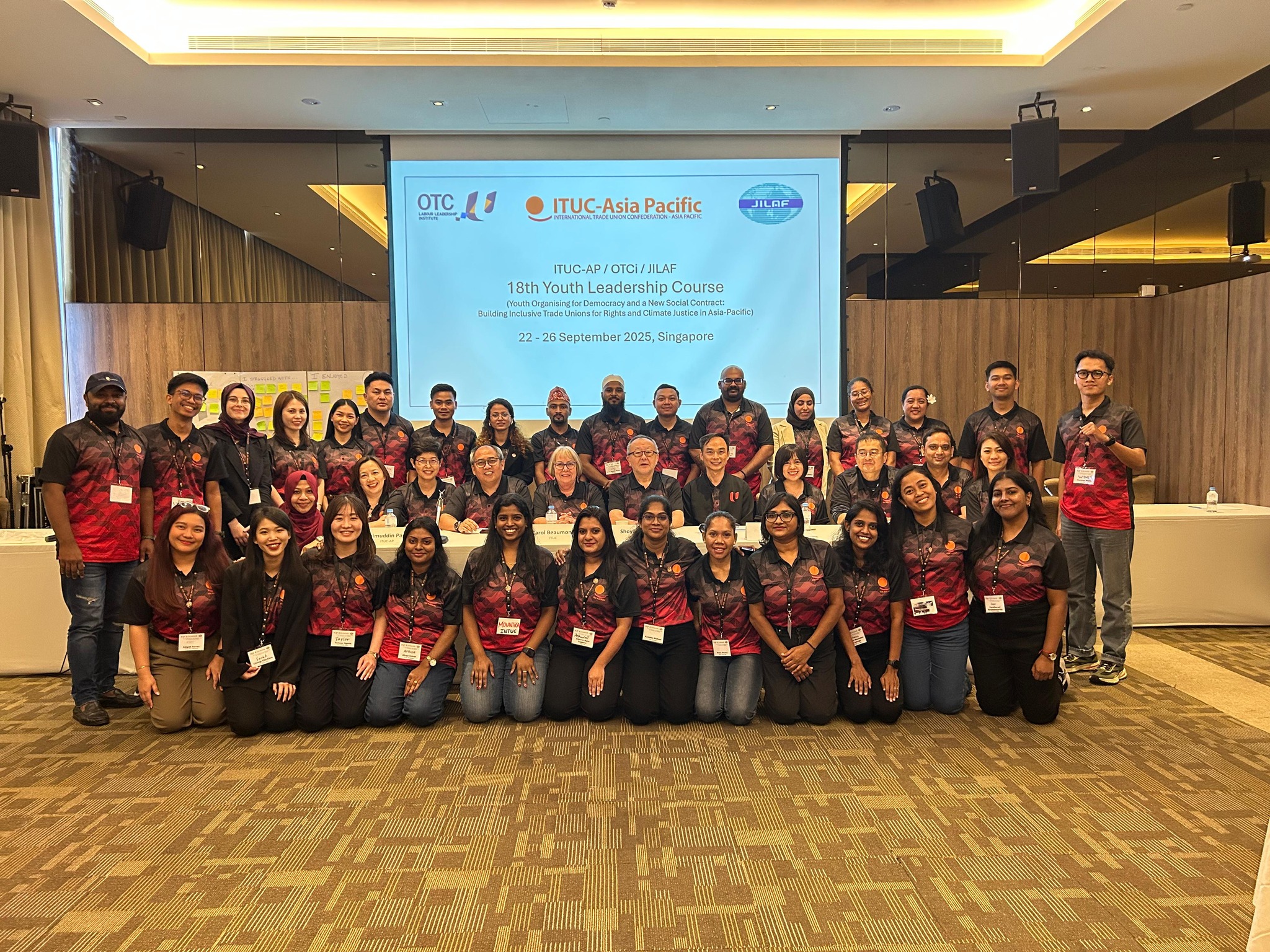





.png)


.png)








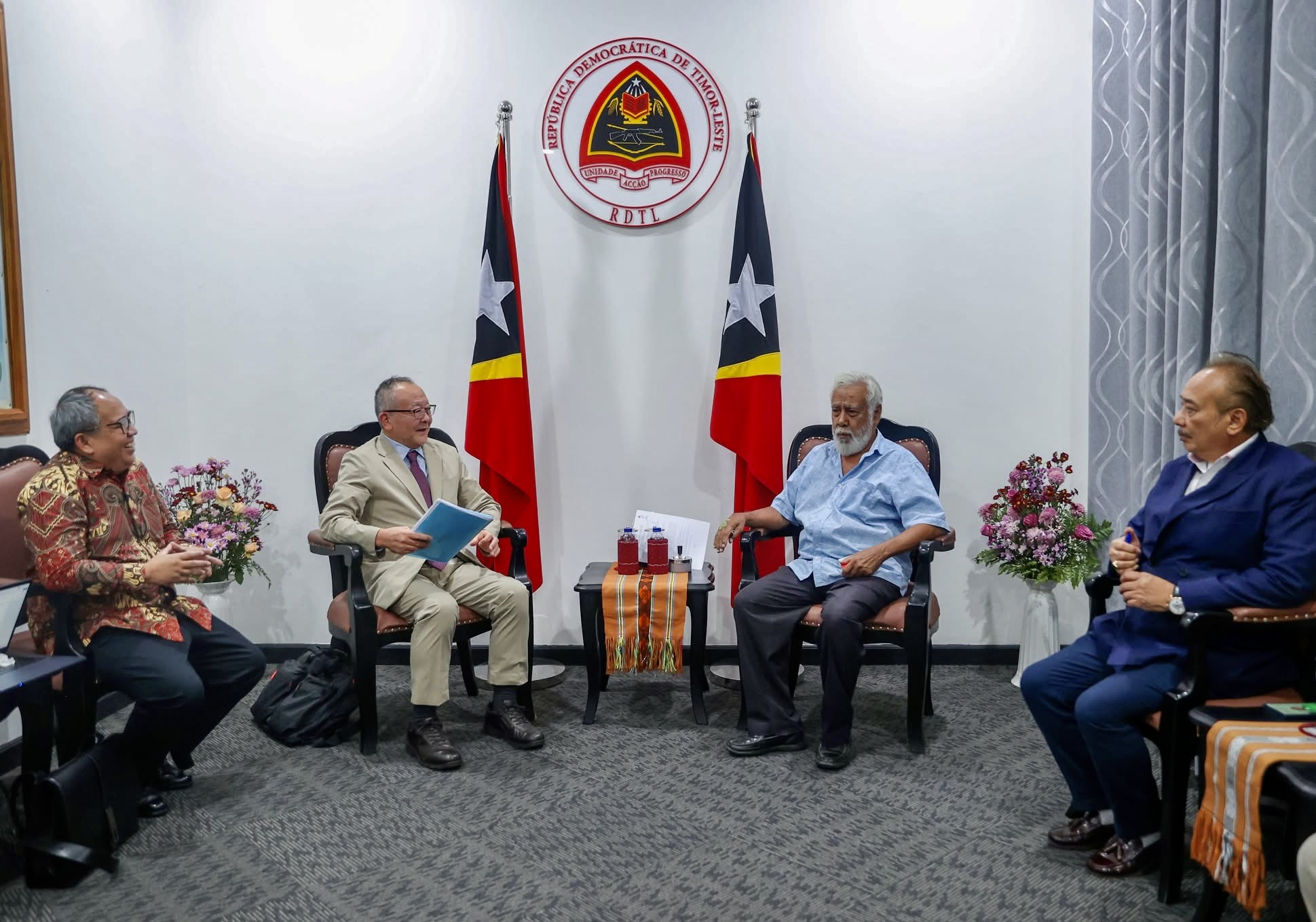





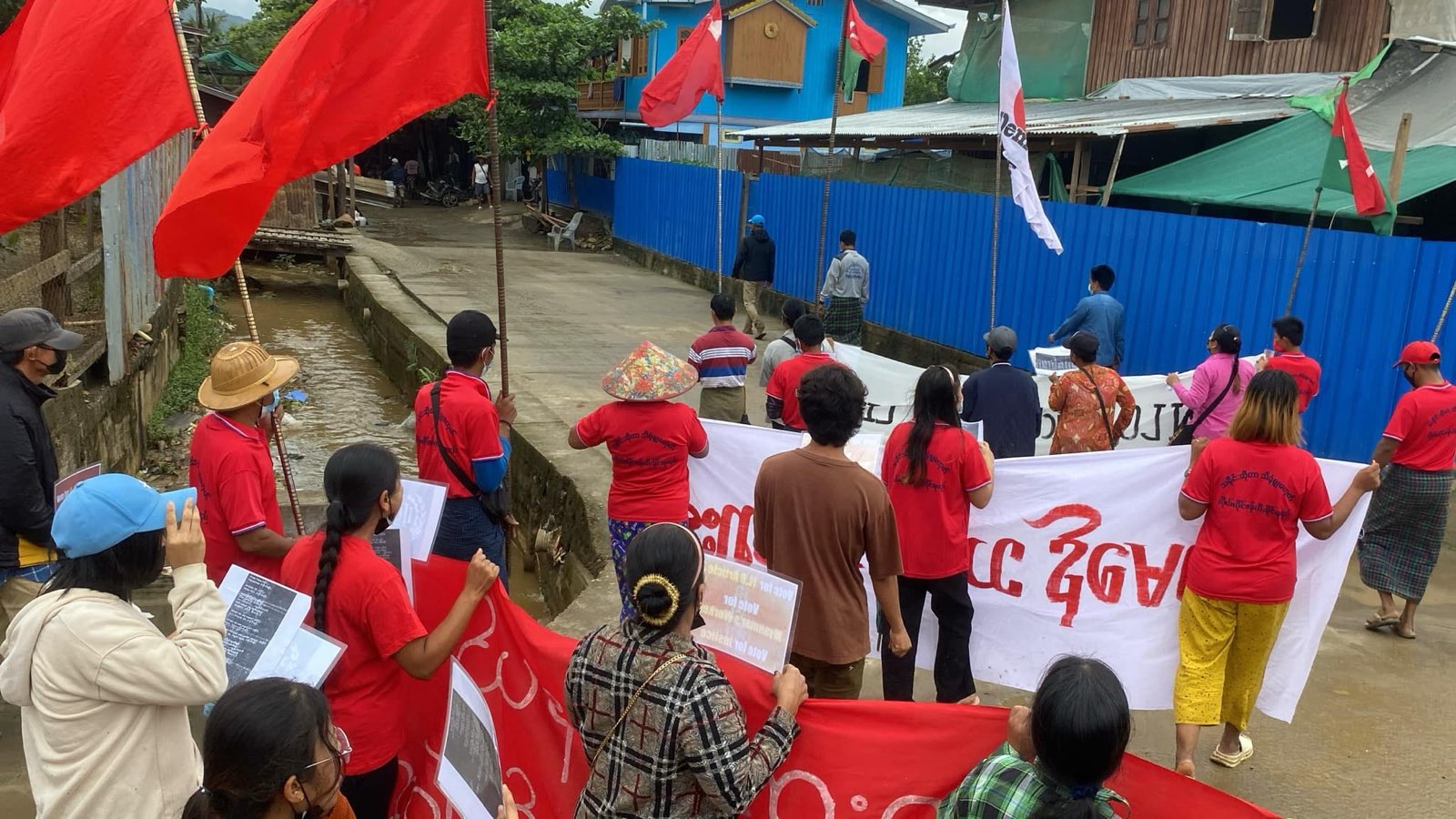





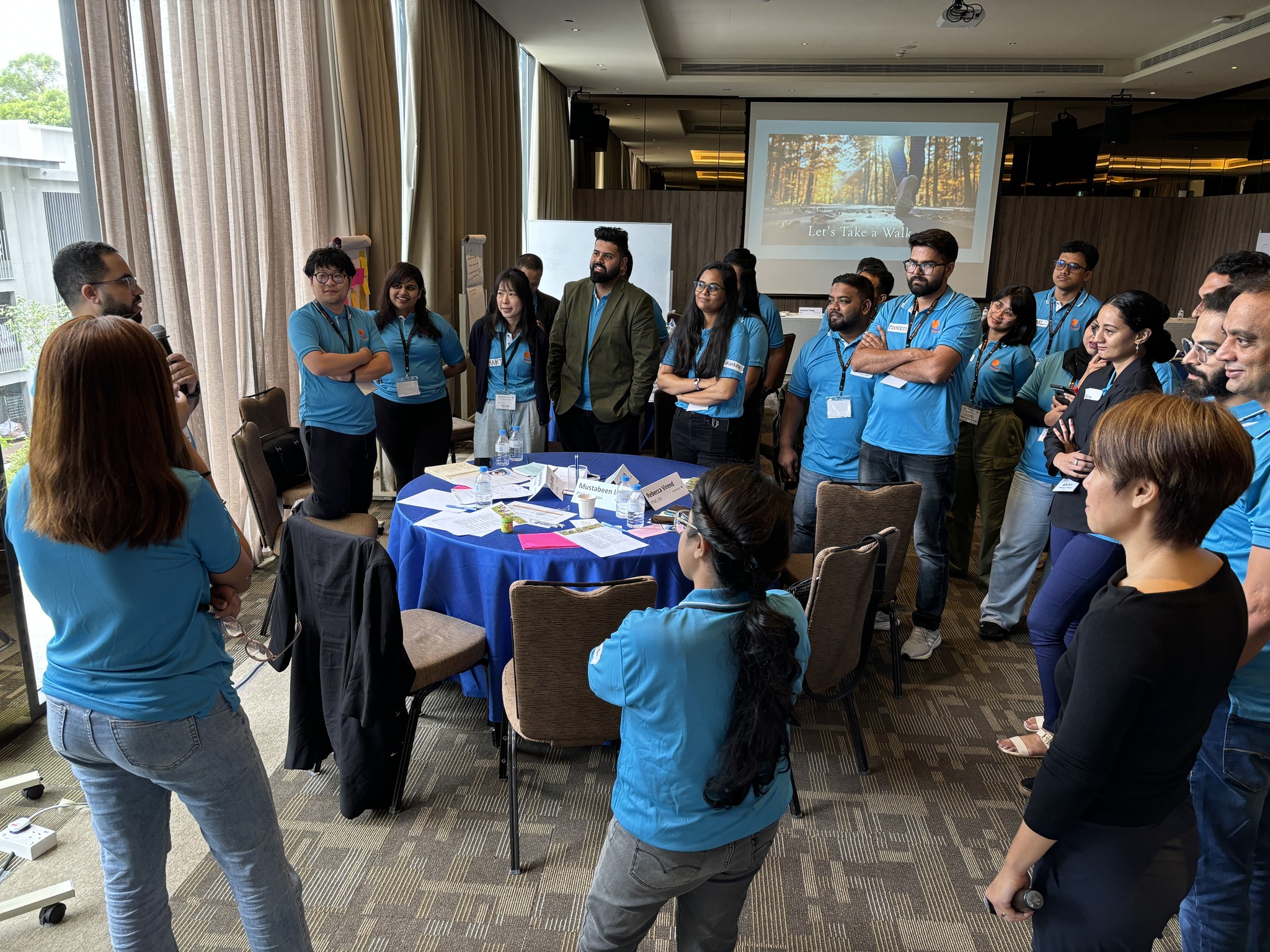





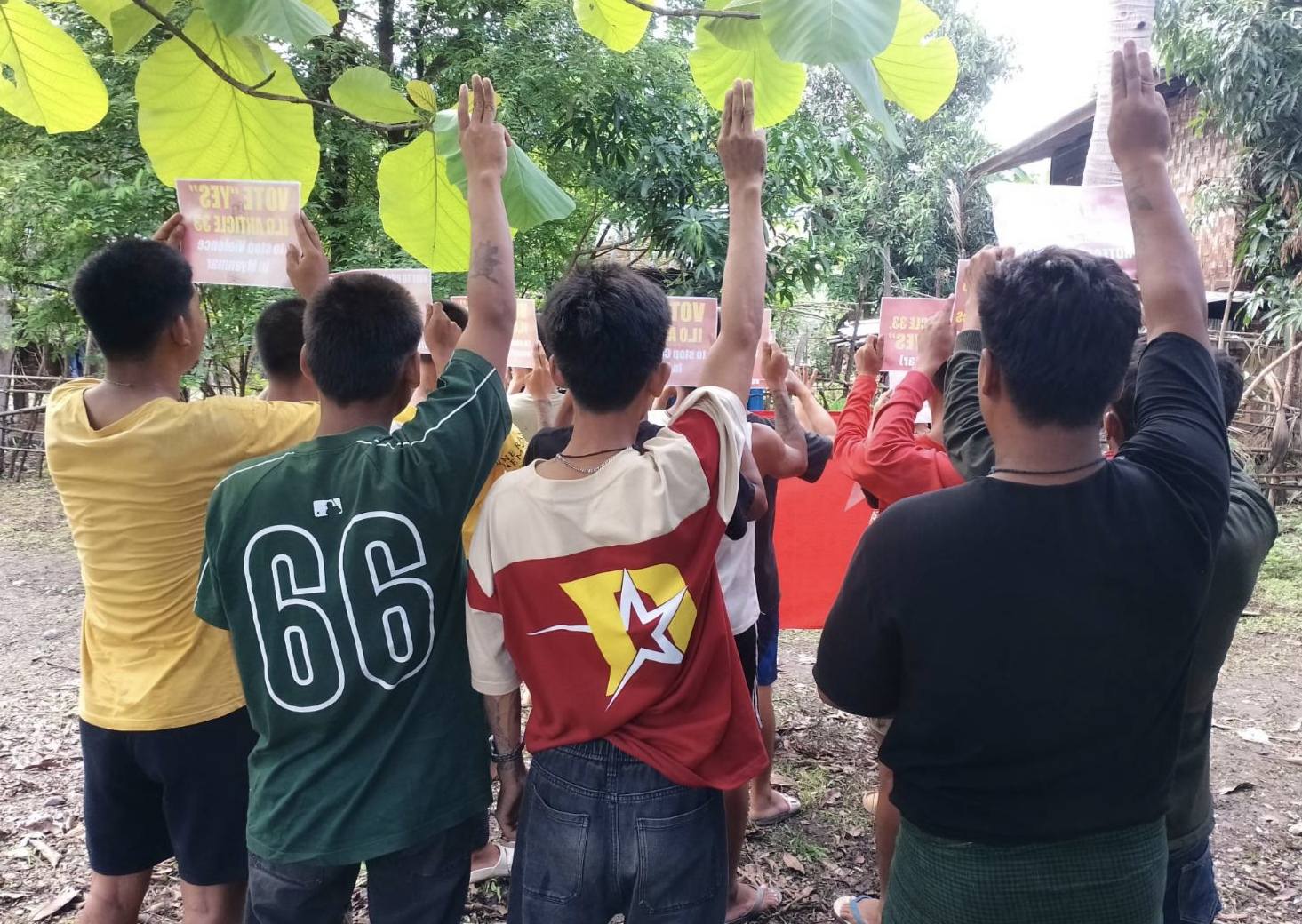





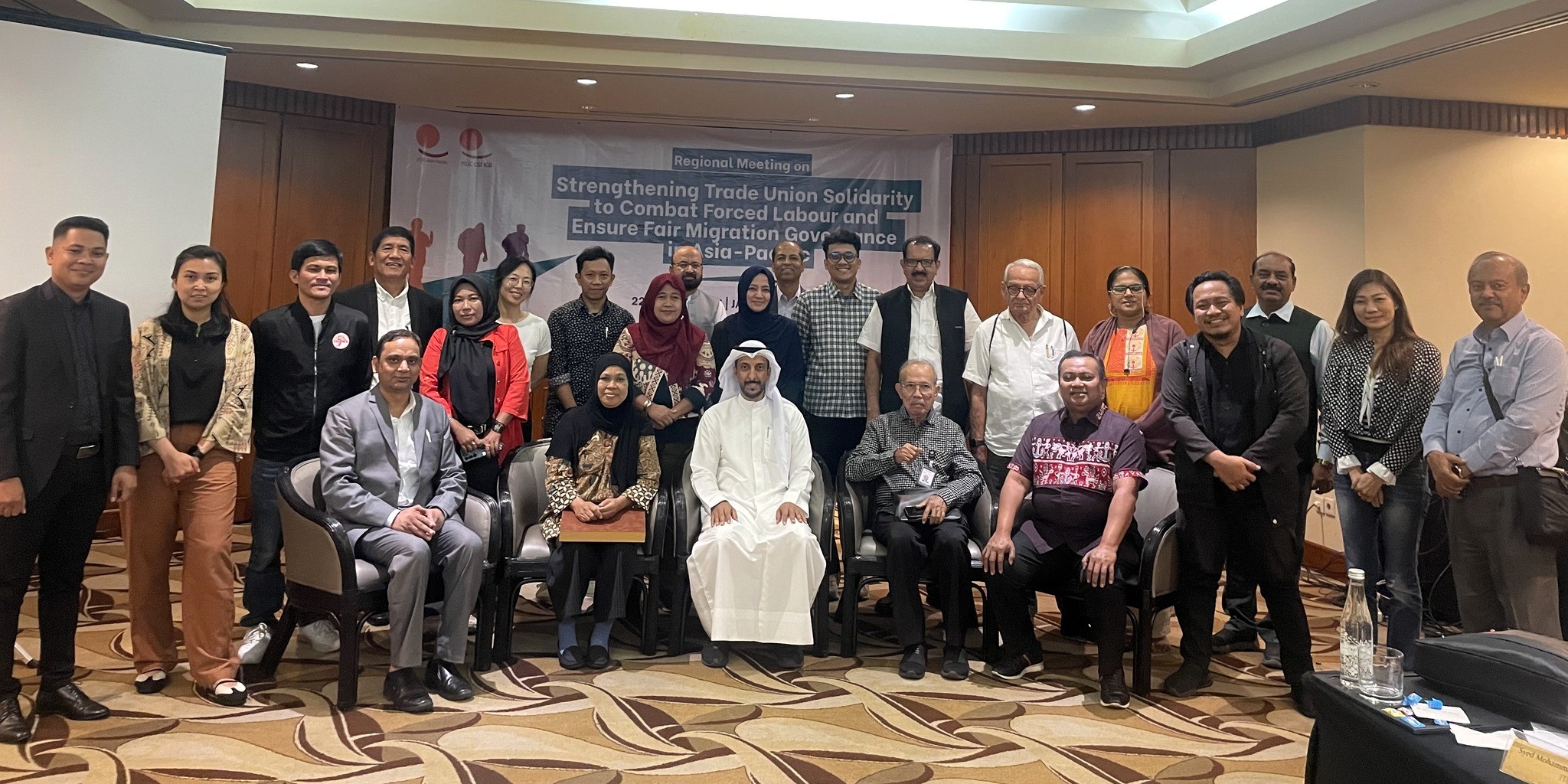























.png)


.png)














.png)


.png)










































































































%20(1).png)


%20(1).png)
























.jpg)


.jpg)














































































.png)


.png)
























.png)


.png)














































































































.jpg)


.jpg)


























.png)


.png)


.png)


.png)

